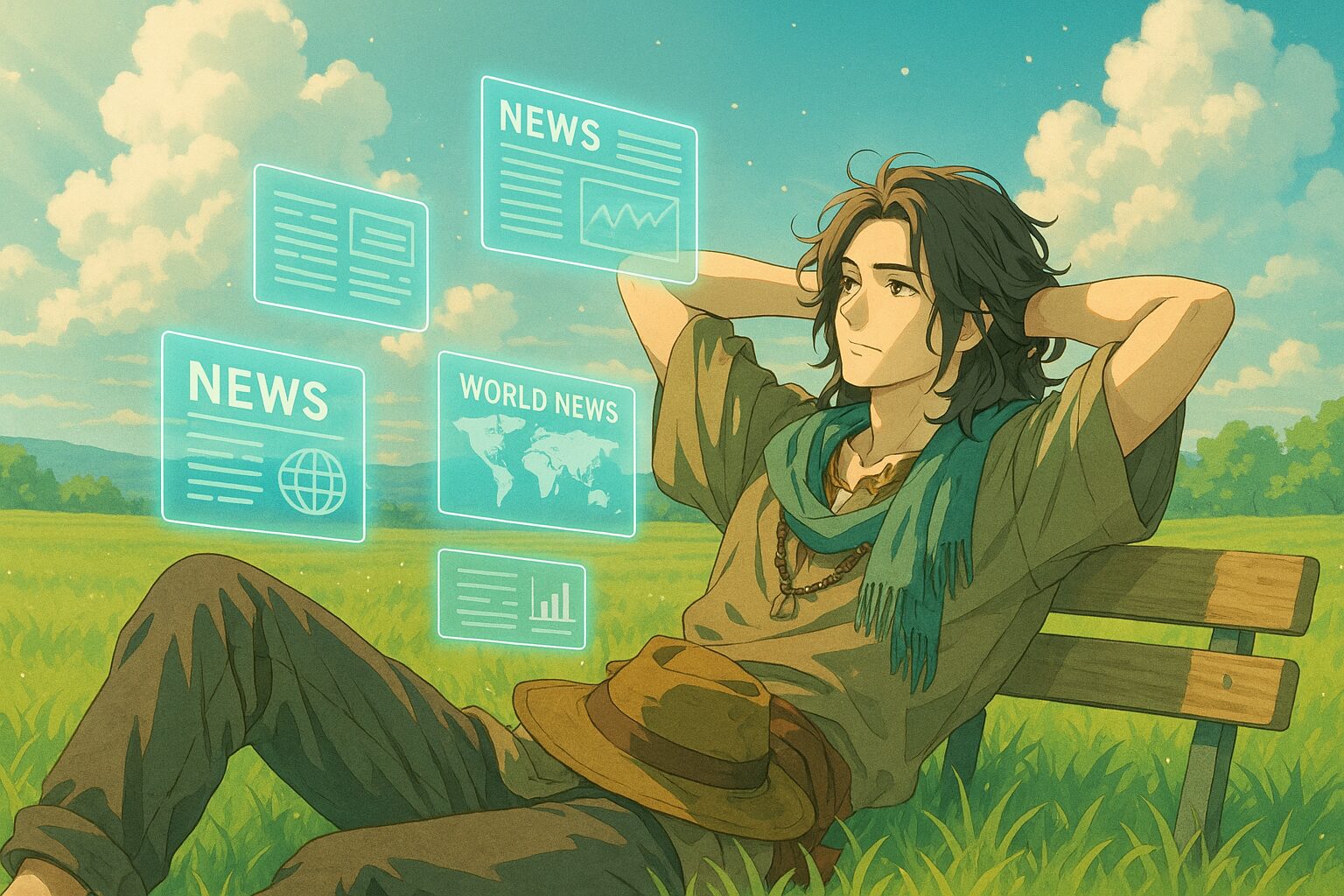How Will the Future of Cancer Treatment Change with the Introduction of New Anticancer Drugs?
In recent years, a clinical trial being conducted by SD Company has been gaining attention as a new treatment for colorectal cancer. If this drug becomes a standard treatment, how might the future of cancer treatment change?
1. Today’s News
Source:
https://timesofsandiego.com/health/2025/08/09/clinical-trial-positive-drug-targeting-metastatic-colorectal-cancer/
Summary:
- SD Company’s new drug shows promise in clinical trials for colorectal cancer.
- Colorectal cancer is the third most common cancer globally, and in the United States alone, it claims the lives of 50,000 people each year.
- The new drug expands treatment possibilities by directly targeting metastatic colorectal cancer.
2. Considering the Background
Colorectal cancer is a major health issue affecting many people. With the aging population and changes in dietary habits, the incidence of cancer is on the rise. While advances in medicine are being made, the limited treatment options pose a significant challenge for patients and their families. The introduction of this new drug has the potential to change this backdrop.
3. What Will the Future Hold?
Hypothesis 1 (Neutral): A Future with More Options for Cancer Treatment
If the new drug is approved, treatment methods for colorectal cancer will diversify. This will allow patients to choose the treatment that is right for them. The introduction of new treatments will also progress among healthcare professionals. However, there is a possibility that an overwhelming number of choices could confuse patients.
Hypothesis 2 (Optimistic): A Future of Significant Advances in Cancer Treatment
If the new drug achieves great success, it will revolutionize cancer treatment as a whole. Similar approaches will be attempted for other cancers, accelerating drug development. This may usher in an era where cancer is considered a curable disease, shifting the societal perception of cancer to “cancer = curable disease”.
Hypothesis 3 (Pessimistic): A Future with Increased Medical Costs
If the new drug is expensive, there is concern that the burden of medical costs will increase, widening economic disparities. The gap between those who can access treatment and those who cannot will become more pronounced, potentially necessitating a review of the healthcare system. The equality of healthcare will once again be questioned.
4. Tips for Us
Thinking Tips
- View the evolution of cancer treatment as a personal matter and always be aware of the options available.
- Consider how access to healthcare for yourself and those around you might change.
Small Practical Tips
- Regularly undergo health check-ups to strive for early detection of colorectal cancer.
- Consider reviewing or using insurance to alleviate the burden of medical costs.
5. What Would You Do?
- Will you hold out hope for the new drug and observe the evolution of healthcare?
- Will you take social action considering the equity of healthcare?
- Will you commit to managing your health and focusing on prevention?
What kind of future have you envisioned? Please share your thoughts through social media quotes or comments.









